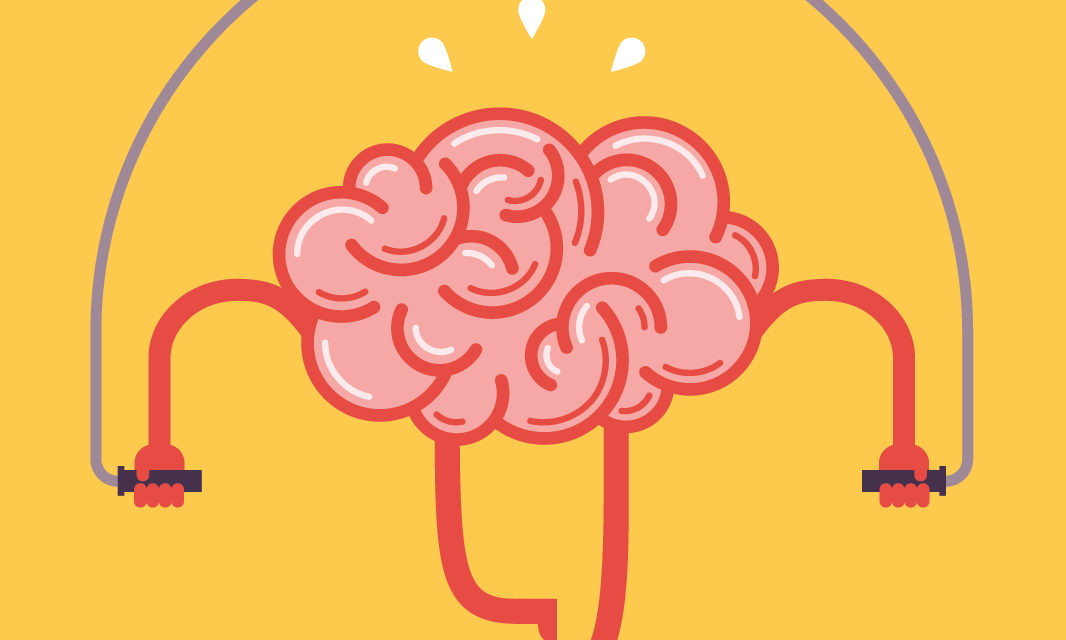Juggling the fast-moving parts of life requires the ability to pay attention and focus well. However, many factors make it more challenging than ever for us to do that.
Factors that impact the ability to pay attention:
- information overload
- the effects of blue light technologies and LED lighting
- poor diet
- lack of time in nature and sunshine
- insufficient physical activity
- strained relationships
- environmental toxins
Why are brains suffering?
Although many factors play a role, the overuse of screens is a big one. Computer screens, smartphones, and tables emit a blue light, which can have quite a negative impact on the brain.
These lights negatively impact dopamine and melatonin, which makes your mood erratic and negatively impacts focus. Sleep also suffers, so the body and brain don’t self-heal as they would normally. Increasing numbers of adults and children are having poor attention and focus habits, unhealthy sleep patterns, and mood problems, including anxiety and depression.
What can you do?
Limit your exposure to blue and LED lighting by using glasses that block blue light. Get out in the sunshine as much as possible, and use red light therapy like TheraBulb Near Infra Red lights or GembaRed lights at night to counteract the effects of overusing blue lights.
If not being able to focus or concentrate is severely impacting your daily life, check in with a neurofeedback provider who is BCIA-certified and provides 19-Channel 3D Z Score neurofeedback. It’s a drug-free and enjoyable way to re-train the brain to function well.
Neurofeedback is an interactive and enjoyable brain-training technique that helps the brain re-regulate itself into more effective, functional habits. With Z Score neurofeedback, you wear a 19 channel EEG cap during training so the computer can constantly read your brainwaves. You pick out a movie for your feedback. When your brain improves, the movie plays large and loud. When the brain is not improving, the movie stays small and quiet. Through this feedback, the brain learns new brainwave habits. With the proper amount and type of training, those habits stick.
Neurofeedback has helped retrain brains to show improvement in people with:
- ADHD
- anxiety
- autism
- brain injury
- concussion
- dementia
- depression
- epilepsy
- insomnia
- learning disorders
- migraines
- memory loss
- PTSD
- stroke recovery
- tinnitus
People who just want to improve their cognitive function to feel and perform better can also receive neurofeedback.
To learn more or receive a complimentary consultation, visit NeuroSource.net.
Dale S. Foster, PhD is a Clinical Neuropsychologist and the founder of NeuroSource, LLC. He specializes in using a wide range of applied neuroscience techniques like functional brain mapping, Neurofeedback, and non-invasive brain stimulation.







